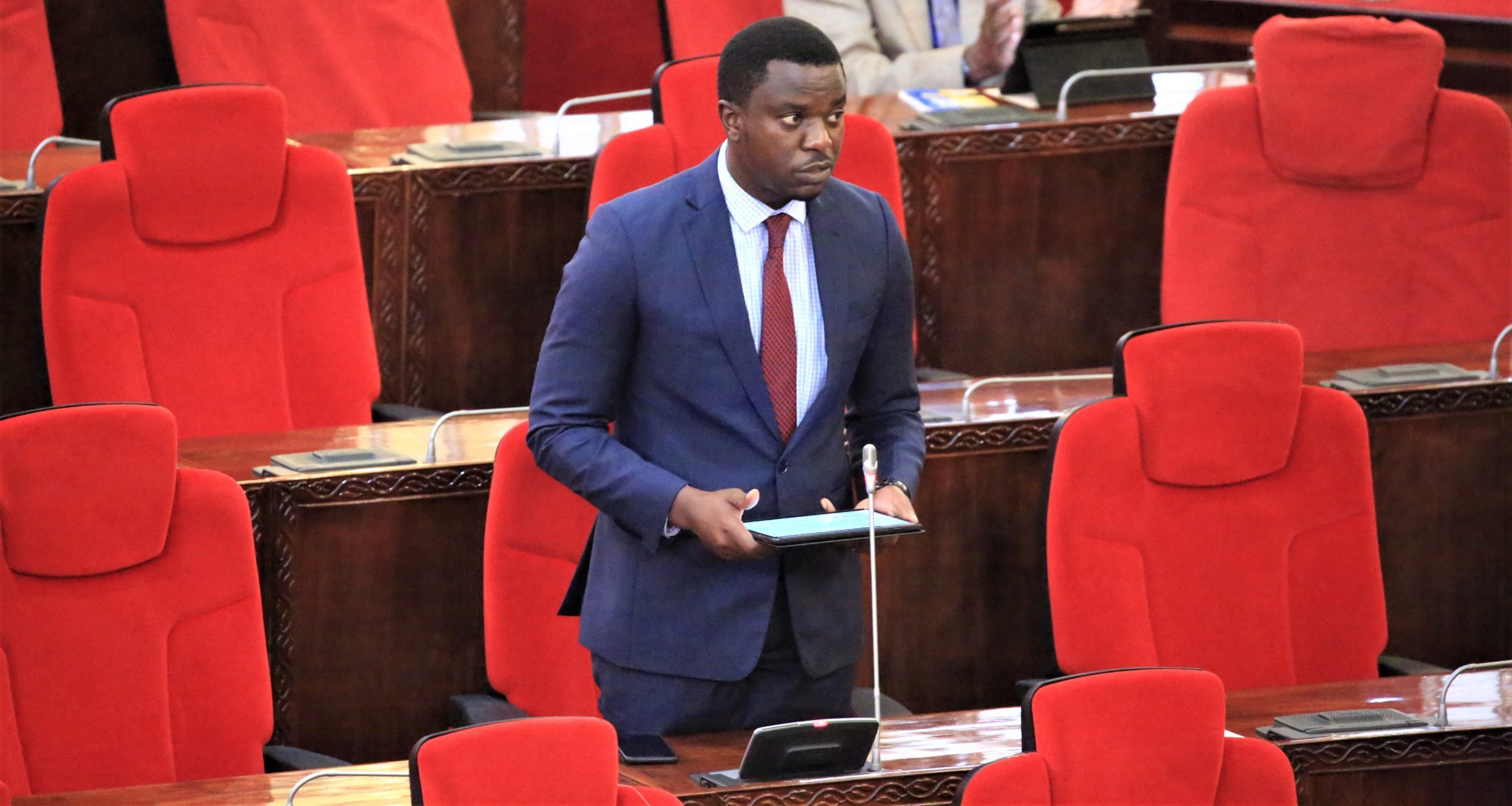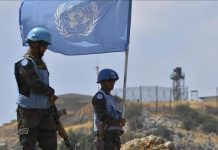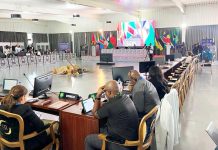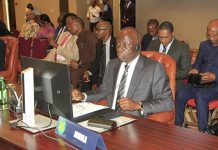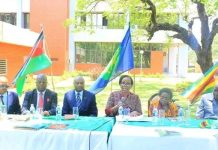AfricaPress-Tanzania: AHEAD of the government’s plan to ratify the African Tripartite Free Trade Area (TFTA), Tanzania is so far recording good performance in exports in the Common Market for Eastern and Southern Africa (COMESA), East African Community (EAC) and the Southern African Development Community (SADC), trading blocs.
Minister for Trade and Industry, Innocent Bashungwa told the parliament yesterday that exports have been increasing while imports have been decreasing, which is fairly good in trade development and steady economic growth.
Tabling his Ministry’s 2020/21 budget estimates in the House, the minister said exports had increased in the past two years by recording 2.160bn US dollars and 2.022bn US dollars in 2018 and 2019, respectively.
Over the same period, imports had dropped from 1.385bn US dollars in 2018 to 515.4m US dollars in 2019.
According to the minister, the trade in the three blocs was so far promising and thus encouraging for ratifying the TFTA.
He said the government was looking forward to ratifying TFTA, purposely to boost intra-regional trade where exports of locally manufactured goods and products have recorded a steady increase in recent years.
“This is the ministry’s priority. The ministry aims at finalising all procedures regarding the establishment of the free trade area,” he said.
The tripartite free trade area becomes operational in early 2020. However, figures released by the ministry show that Tanzania has had separate trade relations with the three blocs for many years.
Other than African markets, Tanzania also recorded increased exports in volumes of goods and products to India but suffered massive imports from Chinese—made goods and products.
Moreover, the government said it would intensify its relations with the private sector in setting up appropriate infrastructure to facilitate industrial development.
The TFTA is, however, considered to be a big deal and potentially game-changer for the African trading system and more than 500million citizens of the member states.
On industrial development, it was established that the sector grew by 5.8 per cent in 2019, according to the National Bureau of Standards, yet accounting for about 8.9 percent to the national gross domestic product (GDP).
Mr Bashungwa said a similar initiative was being put in place for the ministry to collaborate with local government authorities in the quest to own, develop and oversee special investment areas in various parts of the country.
“We are also discussing with other countries- China, Russia, Mauritius, Turkey, Egypt, Israel, DR Congo, South Sudan, Vietnam and UAE on the expansion of our markets. We are also doing our best to create good trade environments that will involve our private sector,” he noted.
The government announced that it was committed to improving investment and trade infrastructure in the country.
According to the minister, some of the plans include renovating and establishing new industries for domestic and international markets.
Some of the industries in the pipeline include the long-touted Mchuchuma and Liganga coal and iron mining, Arusha General Tyre and construction of a one-stop centre for producing packages.
Meanwhile, the government said it was adopting a strategic plan to protect local manufacturers, notably small scale industries. The minister requested the parliament to endorse 81.366bn/ budget for the 2020/21 fiscal year.


